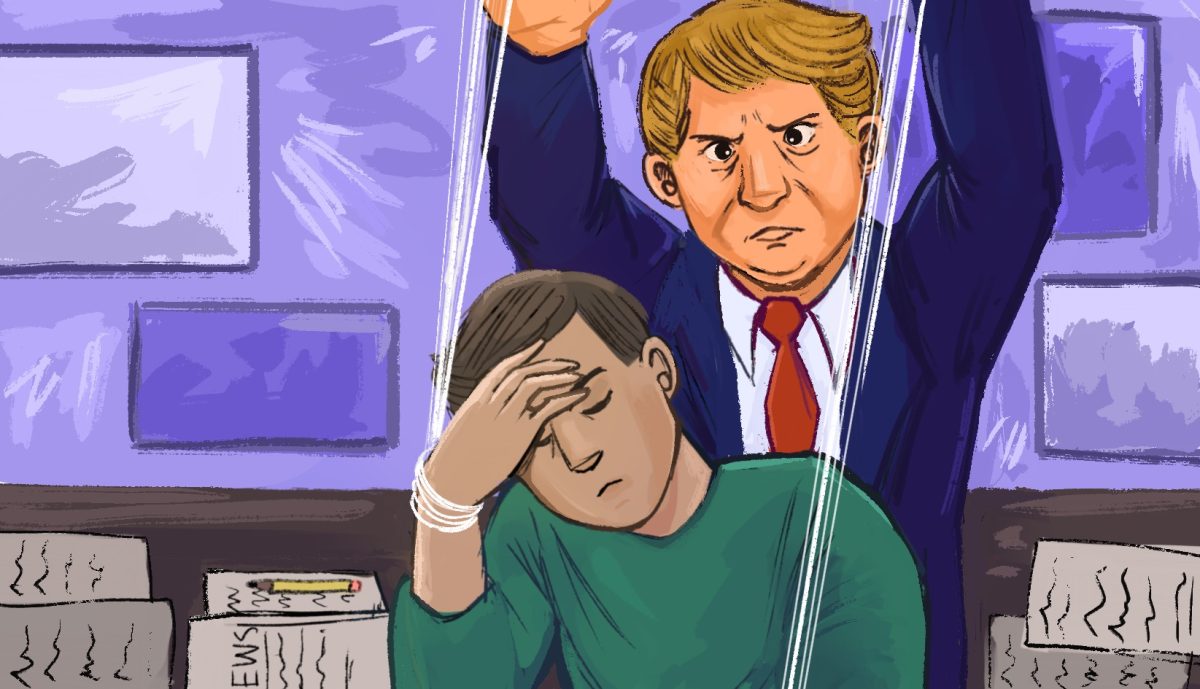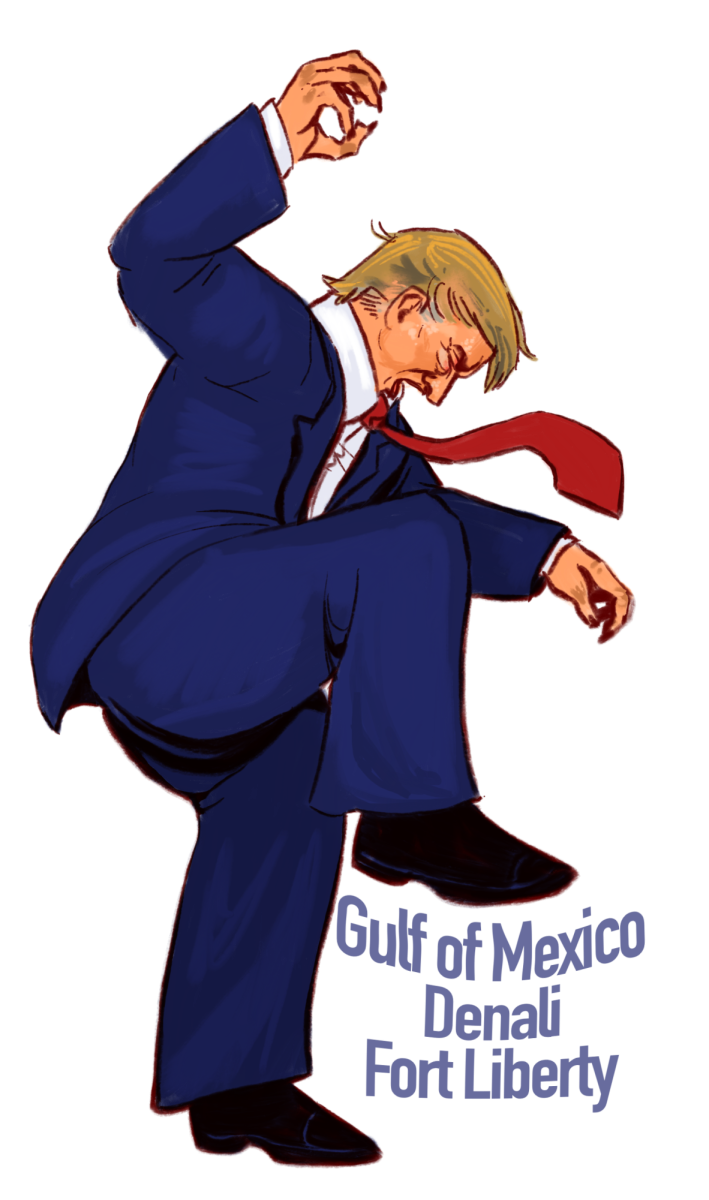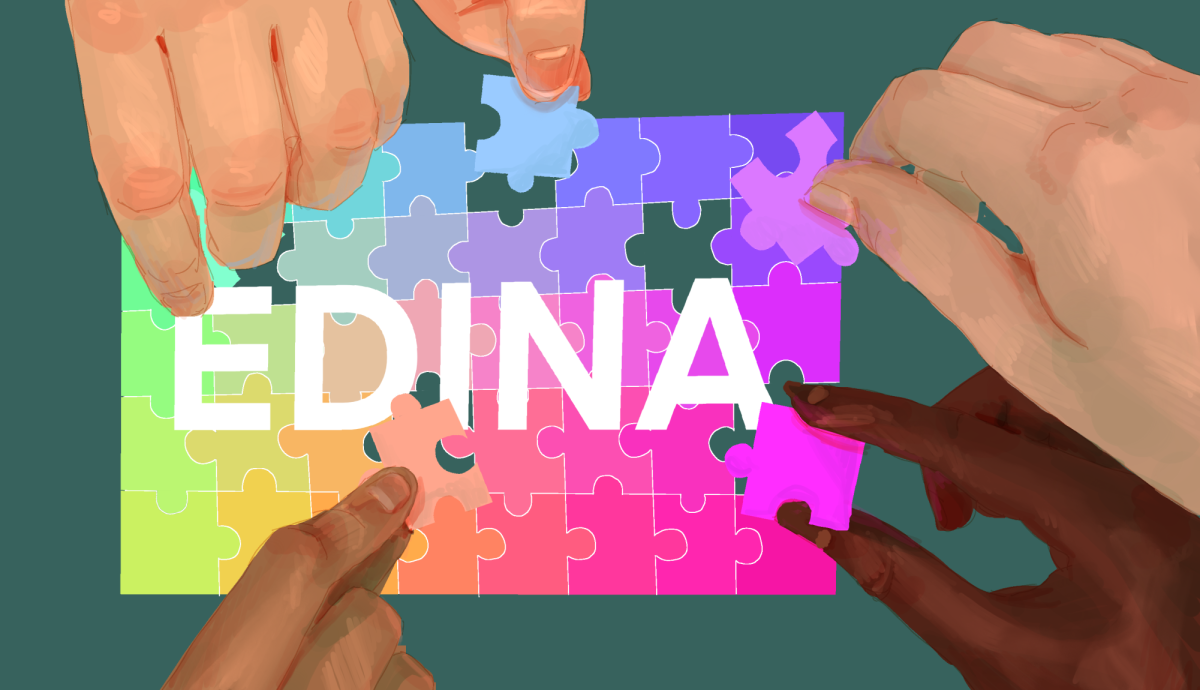In the realms of education and literature, there are few words more contentious than “banned book.” Some school districts, usually brave ones with established reputations, choose to openly support those who wish to keep English class and the library bastions of free expression. Most choose to straddle the line, giving in occasionally to the will of sensitive parents but try to keep as much on the shelves as possible – attempting to please everybody and, yet, pleasing nobody. While some advocates on both sides of the debate vilify these schools, in all honesty, they’re just giving in to the real censors – the district’s parents.
This begs the question: What drives a parent to try to get a book removed from a library? According to Sara Swenson, Edina High School’s Media Center specialist, the most common rationale is that a work is sexually explicit. Second most common is that a book contains offensive language (generally, this means profanity that would give a movie a PG-13 rating), with the third most common complaint being that a book is simply unsuited for a certain age group (an admittedly a broad category). Political rationale and religious reasons come much farther down on the list, which suggests that the motivations behind these challenges may be more genuine than we believe them to be.
If the feelings that drive these people are genuine, then, is there perhaps a chance that they’re right? In other words, is censorship ever the right course of action? When asked this, Ms. Swenson pointed me to a statement on the American Library Association’s website, which states that “parents—and only parents—have the right and the responsibility to restrict the access of their children—and only their children—to library resources.” This argument of parental judgment, however, raises a whole new issue: How can children and teenagers expect even the slightest degree of freedom when even the most holy bastion of afterschool destinations, the library, requires strict parental supervision? What if this insidious influence spreads ever farther and eventually desecrates the last vestige of freedom in a teenager’s life – shudder – the classroom?
Intrigued, I decided to find out about Edina’s history with censorship, and the results were, if not shocking, at least quite interesting. On one hand, Edina does have quite the history of supporting challenged literature. For example, “The Absolutely True Diary of a Part-Time Indian,” which was the second most banned book of 2010 for seven different reasons, is one of the three books on the summer reading list for South View and Valley View enriched English students. “To Kill a Mockingbird,” which, to be fair, is a cornerstone of American literature, is still read (multiple times by some students) at Edina despite having received multiple challenges through the years. Philip Pullman’s “His Dark Materials,” a series that’s about as controversial as it gets, was featured in a large banned books display in the high school media center, complete with caution tape.
The sophomore enriched English program (subtitled The Counterstory) attempts to tell the story of minority groups throughout history, beginning with Chinua Achebe’s monumental “Things Fall Apart” and moving on to other historically disenfranchised groups such as immigrants and women. The issue of gay rights, however, arguably one of the most important and relevant today, is never touched upon, despite the prominence of the Gay-Straight Alliance at Edina High School. This may well be because books dealing with such themes were removed from the curriculum. According to Timothy Klobuchar, the head of the English department and an EHS teacher, “Extremely Loud and Incredibly Close” by Jonathan Safran Foer, was challenged by a district administrator a few years ago for its scenes of a homosexual encounter and was removed from the sophomore enriched English curriculum. While this is not on the same level as library censorship, it does represent the spirit of book banning – compromising the integrity of education and of intellectual freedom in the name of keeping the status quo, under the well-intentioned but corrosive banner of safety over liberty.




